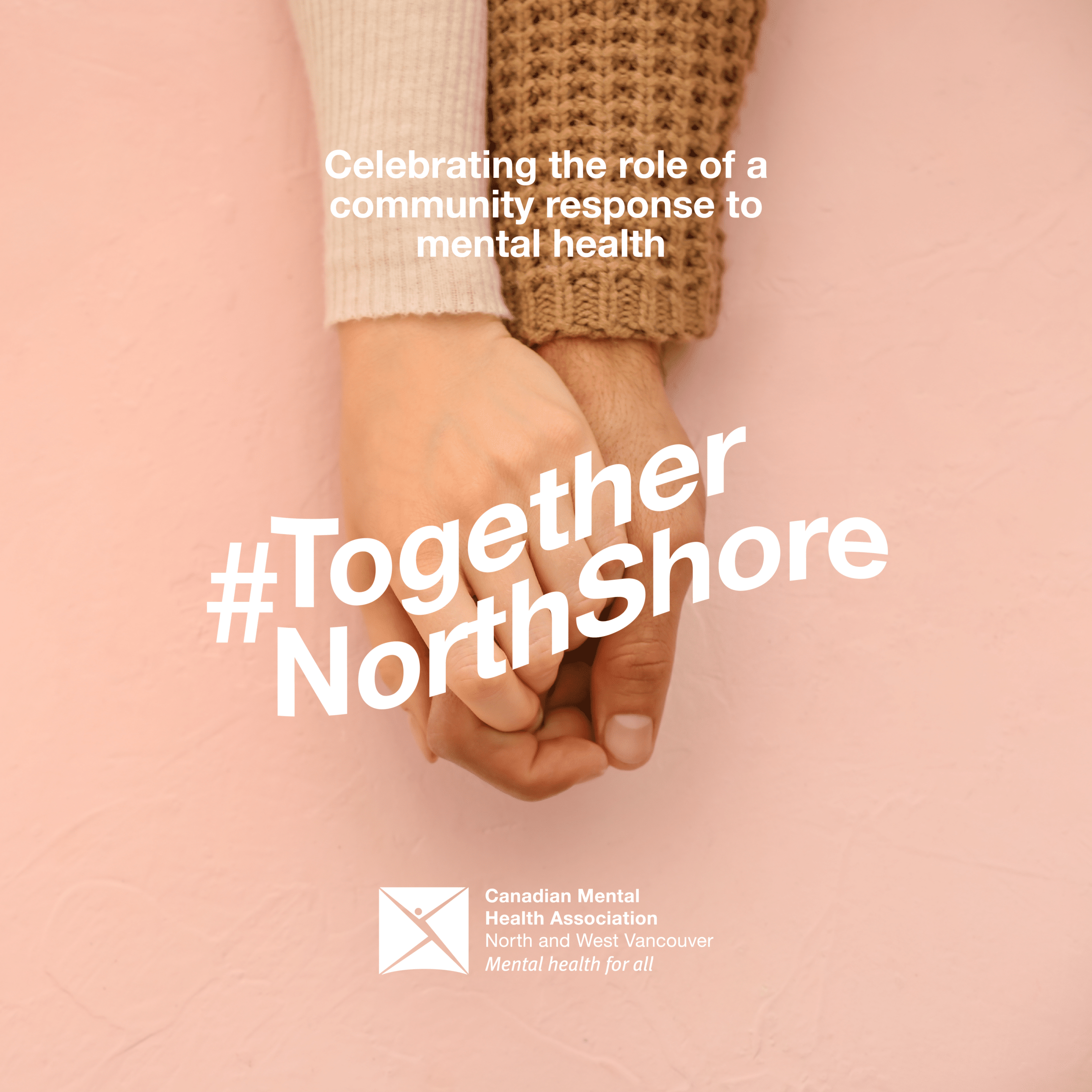Research shows that many acute mental health services focus only on people with complex clinical presentations. As a result, 20 percent of Canadians with mild to moderate mental health and/or substance use problems cannot access appropriate resources and support. This service gap leads to many residents of British Columbia waiting until they reach a state of crisis before seeking treatment, resulting in an estimated annual cost of $6.6 billion to the economy. Recovery College YVR (RCYVR) was launched to help fill this gap.
The Challenge
Yulu was recruited to help the Canadian Mental Health Association North and West Vancouver Branch (CMHA) launch its Recovery Colleges in Vancouver – a community wellness learning centre, in partnership with Vancouver Coastal Health (VCH), offering free courses and groups to address significant service and transitional gaps across the mental health and substance use system.
Via this public launch, we sought to increase awareness of Recovery College YVR (RCYVR) among physicians and the general public, and ultimately, drive folks to sign up to courses to support their recovery and journey to mental wellness.
The Strategy
We worked closely with the CMHA team to organize a media lunch event and press conference to announce the launch of Recovery College YVR to the public, while engaging key stakeholders and rightsholders involved in the creation of RCYVR. Acknowledging the role of physicians in helping fill a gap in mental health service provision between in-patient care and outpatient recovery within the community, we also developed a patient advocacy toolkit for physicians to have available in their doctors offices, empowering folks with questions to inquire about RCYVR and navigate discussions on mental health.
The Results & Impact
Importantly, all of the tactics led to an increase in registrations of RCYVR. This was the result of:
- Yulu leading a successful conference and announcement which strengthened partner relationships and led to high-quality coverage in outlets like the Financial Post, the Vancouver Sun, The Province, the National Post, the Toronto Sun, the Squamish Chief, Spice Radio, and Canada Today and a total reach of 3.4B+.
- The patient advocacy toolkit being shared with doctor and physicians offices across Vancouver.






